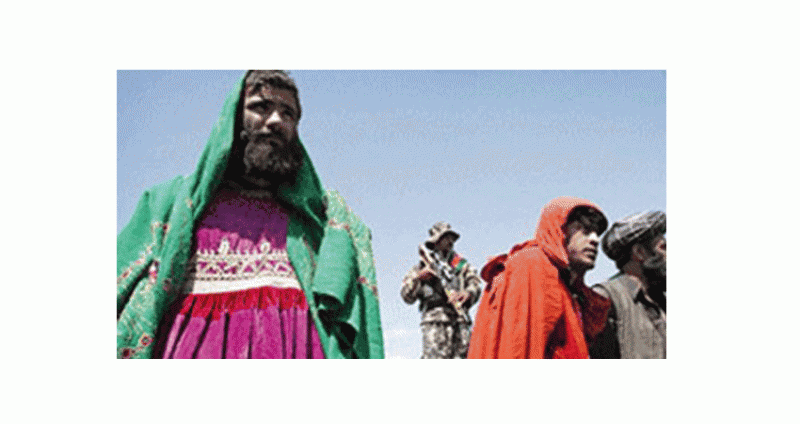Limus

At least, that is, according to the Turkish military. A recent report by the BBC (available here in this link) highlights the ways in which sexuality across the world is largely a social construct. The article refers to the practice of military conscription in Turkey – an obligation which can only be avoided by proving yourself to be a homosexual, hence the questions. Failing to convince military officers of your sexuality by answering these questions incorrectly, the only other option is to present them with a photograph of yourself having sex with another man. Then and only then will you be presented with a pink (yes, really) form, officially identifying you as homosexual.
Whilst perhaps an extreme example, the case highlights the ways in which different nations and cultures identify gays and lesbians.Only in Turkey? Well…no.Last year the much publicised case of Robert Segwanyi brought the issue to a British audience. Mr Segwanyi is a Ugandan refugee living in the United Kingdom. He fled his homeland to avoid being persecuted as a result of his sexuality. UK Border Agency rules regarding asylum claims state that: An asylum applicant will be granted asylum in the United Kingdom if the Secretary of State is satisfied that: (i) he is in the United Kingdom or has arrived at a port of entry in the United Kingdom; (ii) he is a refugee, as defined in regulation 2 of The Refugee or Person in Need of International Protection (Qualification) Regulations 2006; (iii) there are no reasonable grounds for regarding him as a danger to the security of the United Kingdom; (iv) he does not, having been convicted by a final judgment of a particularly serious crime, he does not constitute danger to the community of the United Kingdom; and (v) refusing his application would result in him being required to go (whether immediately or after the time limited by any existing leave to enter or remain) in breach of the Geneva Convention, to a country in which his life or freedom would threatened on account of his race, religion, nationality, political opinion or membership of a particular social group. Most would argue that Mr Segwanyi fit all of the above criteria for asylum. (Incidentally, extremist cleric Abu Hamza, who most would say contravenes point iii, is still in the UK). However, Mr Segwanyi was very nearly returned to Uganda as the British Home Office decided that he couldn’t prove that he was gay. (A link to the story can be found here
https://www.bbc.co.uk/news/uk-england-hampshire-14579616
The end the decision was deferred while the Home Office considered representations put forward by Mr Segwanyi’s lawyers. He was eventually permitted to submit a fresh claim for asylum, and is still awaiting a final decision.So how exactly do people prove they are gay in the United Kingdom? Well, with regards to the Segwanyi case the Home Office was unusually quiet.Whilst awareness of gender constructs worldwide is increasing, constructs of sexuality (and the treatment of individuals who identify as gay or bisexual) remain largely untouched. The Turkish example mentioned above highlights one important point: for a man to avoid military conscription by presenting a photograph of himself engaging in intercourse with another man, he must be seen to be the passive member of that union. In other words, if he is playing the dominant role he will not necessarily be considered gay. This sentiment is echoed in many parts of South Asia and the Middle East. So next time a country announces it is to abolish laws that penalise homosexuals, don’t be fooled into thinking it has solved the problem.It will simply be the first of a great many steps.